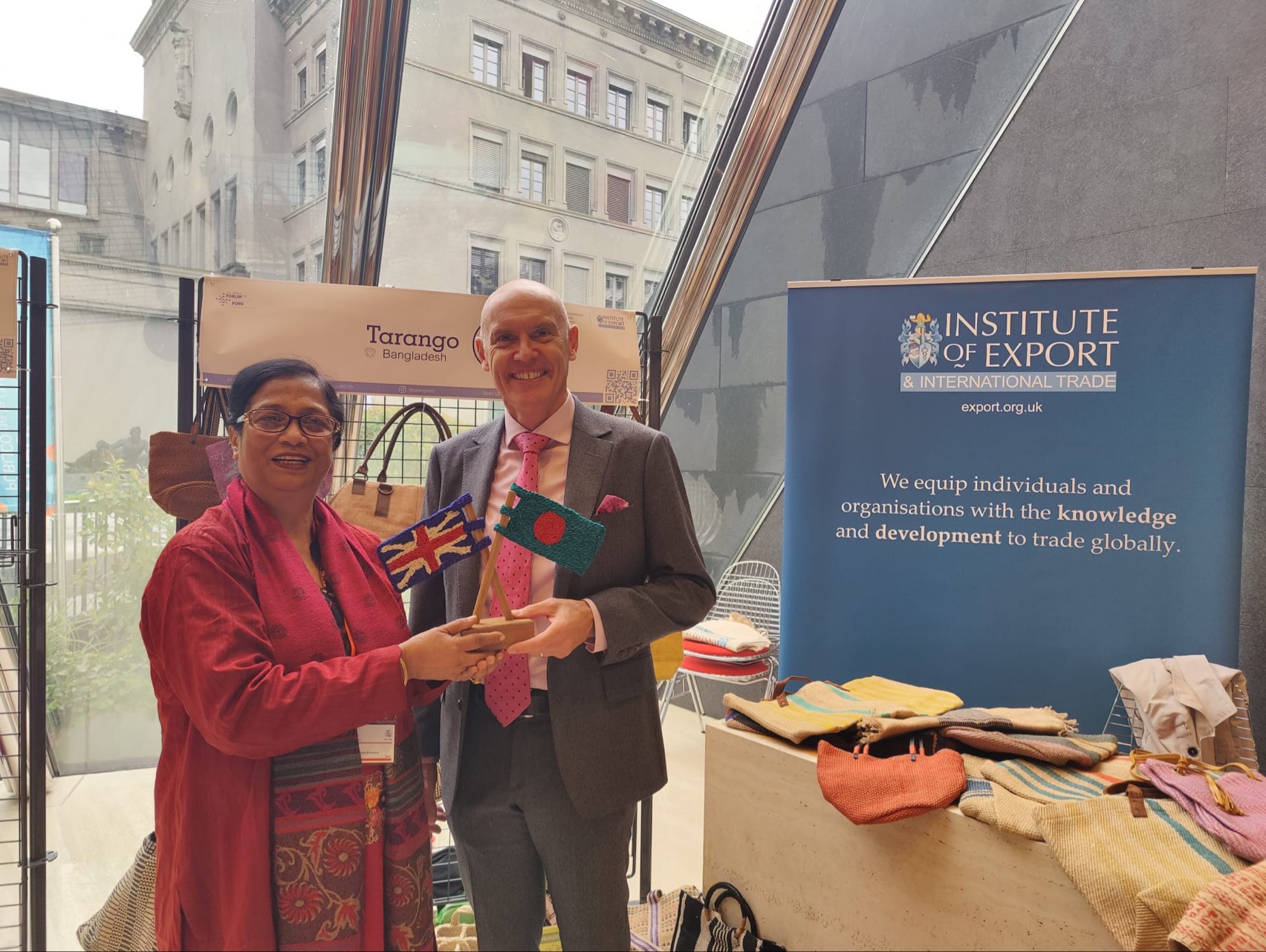
Female entrepreneurs and businesswomen have the potential to make huge contributions to the global economy, particularly in the growing field of international trade, an area with far more male workers than female ones.
Speaking at the recent World Trade Organization (WTO) Public Forum, which was focused on achieving greater gender equality in trade, Pamela Coke-Hamilton, executive director of the International Trade Centre (ITC), said: “International trade is a predominantly male-dominated sector. We’re working on breaking this down.”
The ITC set up the SheTrades initiative to do just this.
SheTrades provides female entrepreneurs with access to knowledge, resources, and networks to address this gender imbalance.
Gender equality ‘a must’
Also speaking at the WTO Public Forum, the IOE&IT’s director general Marco Forgione agreed.
“Gender equality in trade is not an option, it is a must. To make a significant impact, you need to have more women involved in trade,” he said.
At the Public Forum, the Institute of Export & International Trade (IOE&IT) brought four SheTrades ambassadors to Geneva, helping them display their products and services to a global audience.
Kohinoor Yeasmin, CEO of Bangladeshi social enterprise Tarango
The IOE&IT Daily Update caught up with Kohinoor Yeasmin, CEO of Tarango, a Bangladeshi social enterprise that works with female artisans.
“Right now, we are working with over 20,000 women: a lot of them are widows, divorced or single mothers, with others being indigenous, disabled or from other marginalised communities.”
Empowering women
Tarango’s vision is to empower Bangladeshi women by providing them with employment and training.
The social enterprise makes clothing and other fabric-based goods, using eco-friendly materials, and exports the goods from Bangladesh around the world.
“These women never went to school, but they have intelligence and skills. Their hands are more powerful than machines and can produce eco-friendly products using natural fibre and dyes.”
Employment opportunities
These female workers often have limited prospects, either because of a lack of qualifications or because they are primary caregivers for others.
“Most of them don’t have formal education and so can’t join offices, factories and other formal employment,” Yeasmin explains.
“They work at home, not using any electricity or machinery, allowing them to take care of their children or parents, as well as themselves.”
Payments
By working like this, these female artisans get to support their families and earn a stable wage, building a life for themselves and their families
“With the money these artisans earn, they can use for food or for their children’s education.”
The money also empowers these women inside of the home, as Tarango pays its workers directly to their bank accounts rather than giving them physical cash.
“In my experience, when they went home with cash, their husbands would try to take it off them. But now, with a bank account, their husbands can’t take it off them and must ask nicely for it.”
“We need more support to help them look after themselves and build good lives.”



